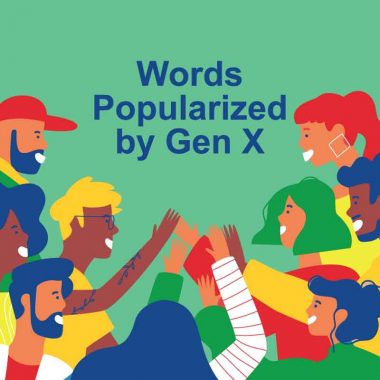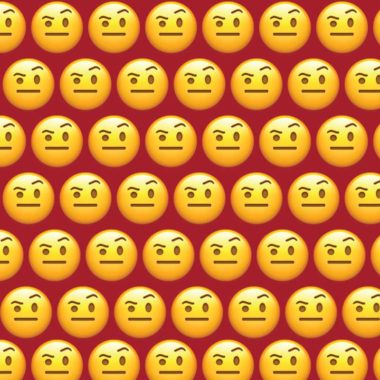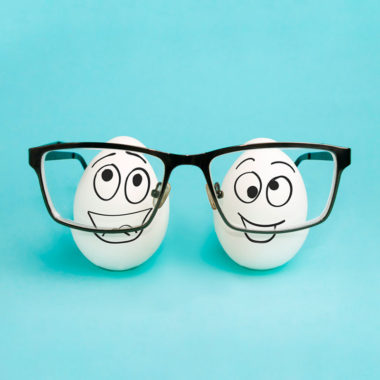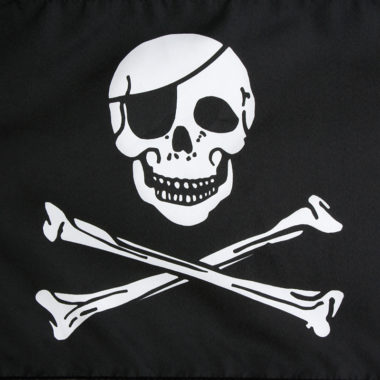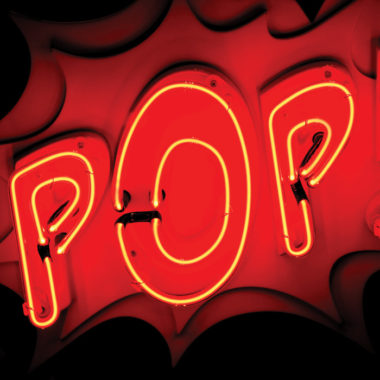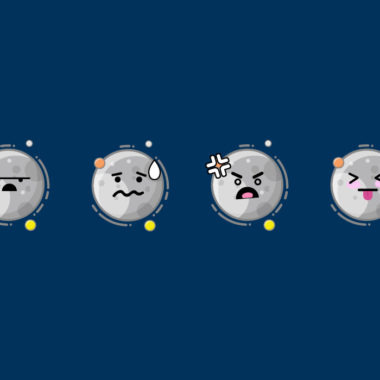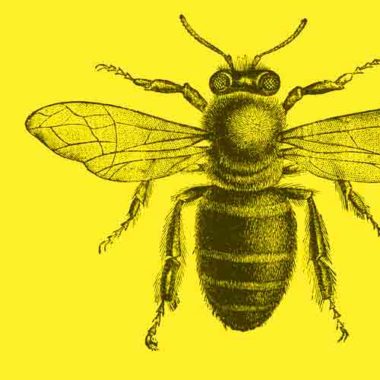Tag Archives: Fun
-
Dictionary.com’s Night Before Christmas
‘Twas the night before Christmas at Dictionary.com . . . Not a laptop was stirring . . . just some RAM and some ROMNew words have been logged by our lexicographers with care They will post them online in the new year to share The writers were sleeping with tablets on their right In case new inspiration should arrive in the night When out in our lobby …
